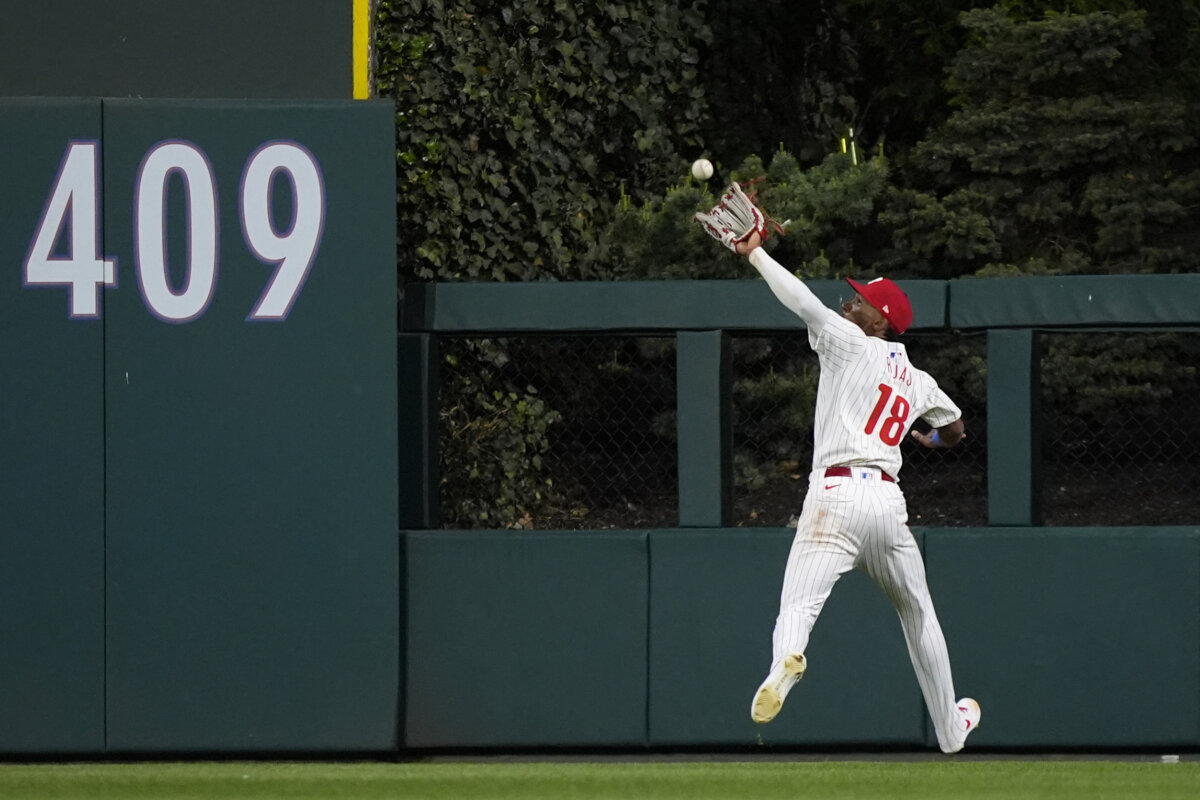To tax or not to tax? In Calgary, that is not the question. The question is always: How much more can we tax?
Calgary city council burrows in each year, and spins the same tired cat-and-mouse game.
They say tax will be five per cent, then make it only three. Fist pumps all around.
City council, your citizens are tired. Each year we work longer to pay you. Can you take a look at the cumulative tax increases over the last decade? Calgary’s strategic advantage from a tax perspective is diminishing.
Wages are frozen, some are rolled back. People who never expected to be unemployed are.
As my mother says, there’s a time and a place.
City council, this isn’t the time or the place. Last year, you met fury during public budget meetings, especially from seniors. Demographics show the proportion of seniors is growing every year.
Maybe council will be swept out by the post-65 set.
Scott Hennig of the Canadian Taxpayer Federation is a regular when it comes to tax talk. Of city council, he says: “They are myopic, they just look at their own circumstances, and forget everyone else.
“The city has a monopoly over civic services. If you don’t like it you can sell your house and move to another city. Not very realistic.”
So what’s the solution? Hennig says, “Our position is that tax increases should match inflation, it’s 0.5 in Calgary this year.” If city council can’t hold the line this year, then when can it?
Maybe council’s vanity projects — the Calatrava Bridge, a race track, really bad public art, a West LRT that snubs its nose at a university, can go.
The city likes to issue threats: If you want snowplowing, get ready to pay a 1,000 percentage increase. Hennig points to a similar threat in Don Martin’s book, King Ralph. When Klein threatened to reduce taxes, the bureaucrats said, “Fine, then we’ll need to close public pools on long weekends in the summer.” As Klein pressed on, that nasty threat never materialized.
The province forces the city to use market value assessment, charging tax on the value of the property owned. Then the city sets a mill rate to arrive at the final numbers.
What would the city look like if it didn’t issue a tax increase this year?
That is the question.
Janice Paskey teaches journalism at Mount Royal College, serves on her community association board and is a proud mom to two boys; calgaryletters@metronews.ca.
















